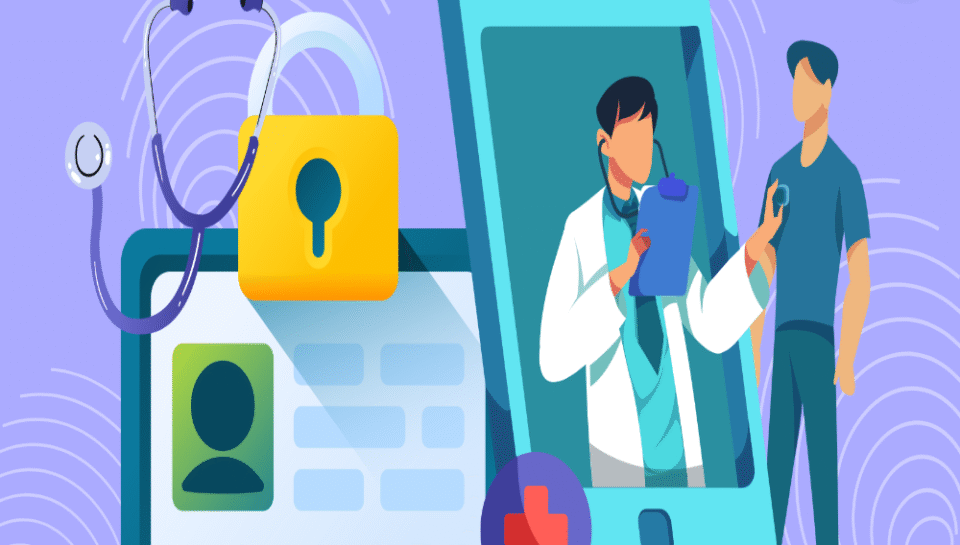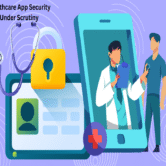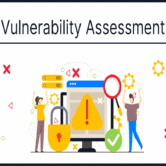
AIIMS Delhi Ransomware Recurrence Attempt: Healthcare App Security Under Scrutiny.
In a concerning development, AIIMS Delhi has reportedly faced another ransomware attempt, rekindling fears over cybersecurity vulnerabilities within India’s critical healthcare infrastructure. The latest incident, although foiled in its early stages, has triggered a wave of scrutiny around the security measures safeguarding medical applications and patient data systems.
The All India Institute of Medical Sciences (AIIMS), a premier healthcare and research institution, was previously the target of a major ransomware attack in late 2022, which disrupted services and compromised sensitive data. While the institution has since undertaken several measures to reinforce its digital defenses, this new attempted breach highlights lingering vulnerabilities and the persistent threat landscape surrounding hospital IT systems.
According to cybersecurity analysts, healthcare apps and hospital management software are increasingly becoming prime targets due to the sensitive nature of patient data and the critical operations they support. A successful attack could paralyze essential services, delay treatments, and potentially endanger lives. Experts stress that such applications often suffer from outdated codebases, insufficient encryption protocols, and a lack of real-time threat monitoring—making them susceptible to advanced persistent threats (APTs).
The Indian government has responded by reiterating the need for healthcare institutions to adopt zero-trust security frameworks, strengthen endpoint protection, and ensure compliance with CERT-In guidelines. There are also growing calls for mandatory audits of healthcare IT infrastructure and stricter regulatory oversight of app vendors handling medical data.
This attempted breach at AIIMS Delhi serves as a critical reminder that cyber resilience in healthcare must extend beyond reactive incident responses to proactive defense strategies. As digital transformation accelerates in public health systems, ensuring the integrity and security of healthcare applications is no longer optional—it is a national imperative.





